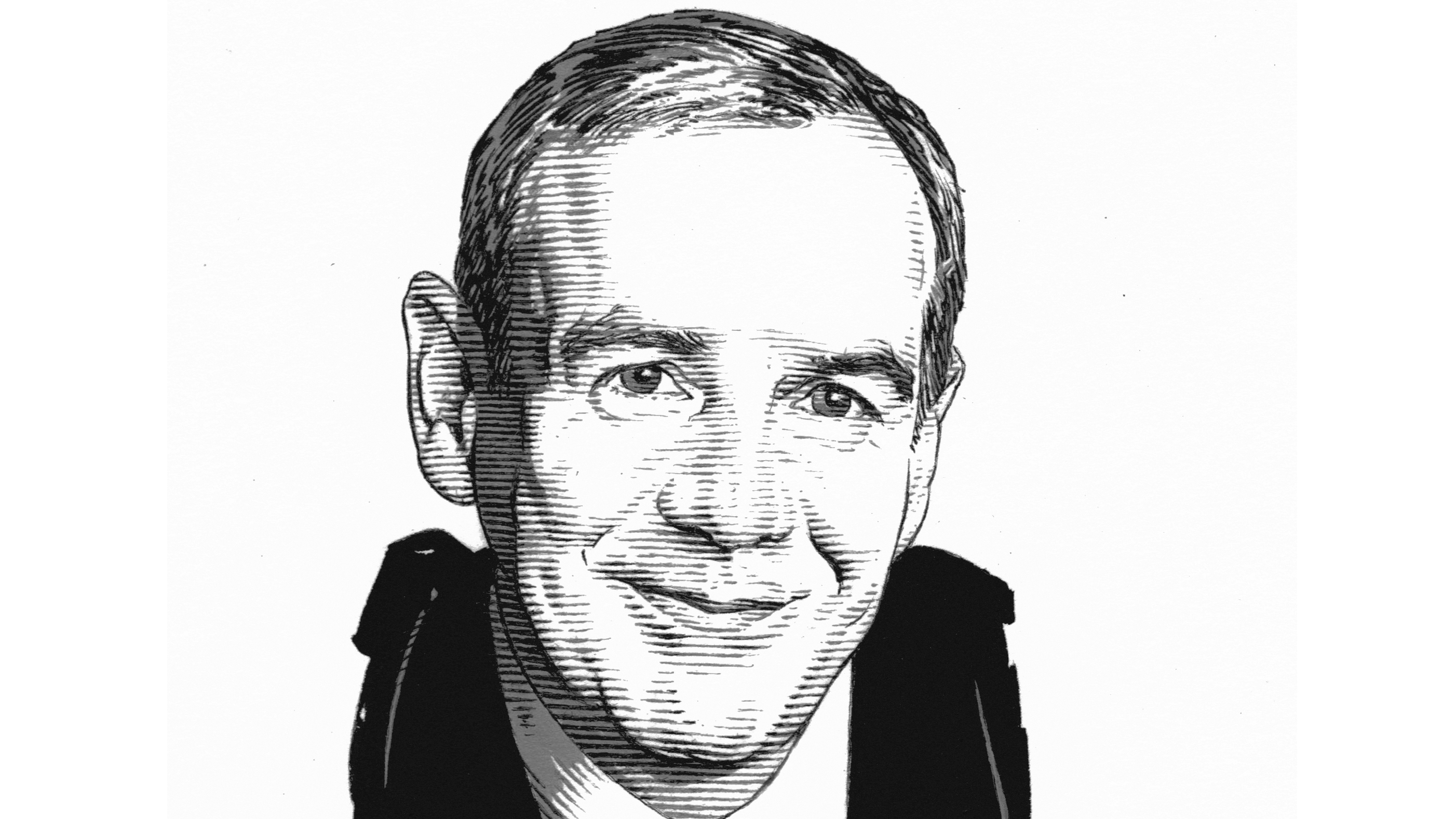
Unless the financial industry’s goals are aligned with those of the wider community, its future health is uncertain.
Since the financial crisis, regulation has been completely overhauled, incentives and rewards recalibrated and banking culture totally rethought. But for all that effort, the general public’s perception that banks and financial markets serve the needs of institutions and individuals rather than society at large, has hardly changed.
A new initiative is clearly needed and this has led to discussion about the whole social premise upon which financial markets and banks operate. What the financial crisis made clear was the huge gap that had emerged between society’s idea of finance as playing a benign and useful role in capitalist development and the reality that banks and individuals – if they pursued solely profit-maximising ends – could end up taking a wrecking ball to the entire project.
Banks have definitely taken on board issues such as the environment but they have a long way to go to win back the respect and trust of all their customers and the wider community
The solution to this dilemma is not found merely by adding more regulation and insisting bankers comply with it. There has to be broader thinking about the purpose of finance and the principles that banks should be following.
In his new book, The Social Licence for Financial Markets, regulation lawyer David Rouch argues for a repositioning of the industry away from self-interest towards mutuality of purpose between the strategies of financial institutions and the social goals the community has in mind for them.
These would obviously include making finance available to serve the needs of the real economy and backing small and medium-sized enterprises, but also addressing wider concerns such as environmental issues and sustainability.
The idea is that beyond what banks are legally required to do they also adhere to the ‘social licence’ given to them by society. Former Bank of England governor Mark Carney raised the social licence idea in a speech made back in 2015 and he has written a foreword to Mr Rouch’s book.
Writes Mr Carney: “When I added my voice to calls for a more inclusive capitalism, I had hoped to open up a discussion on the importance of social licence for the financial sector and how to rebuild social capital so that individual virtue and collective prosperity could flourish.”
Five years on it’s debatable as to how much progress has been made. Banks have definitely taken on board issues such as the environment but they have a long way to go to win back the respect and trust of all their customers and the wider community. The advent of a social licence that could be referred to, and benchmarked against, in designing policy and making decisions would move things a long way forward.
Brian Caplen is the editor of The Banker. Follow him on Twitter @BrianCaplen
Register to receive my blog and in-depth coverage from the banking industry through the weekly e-newsletter.


